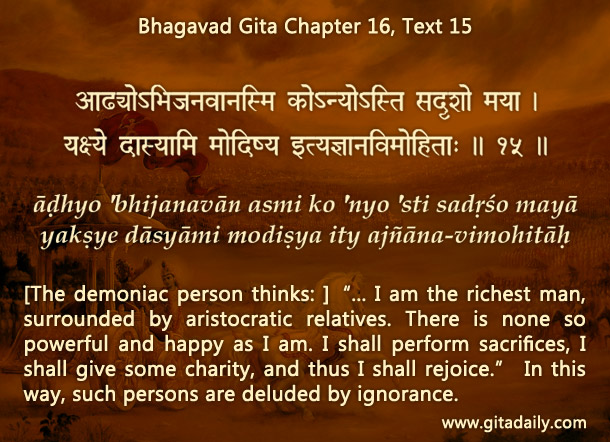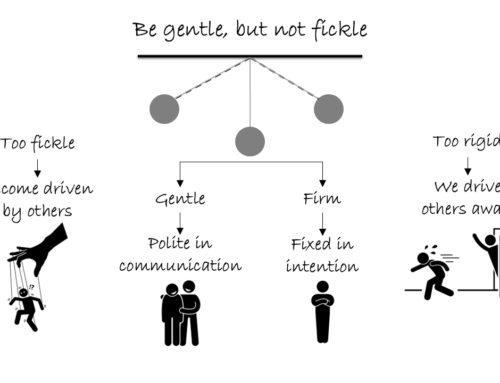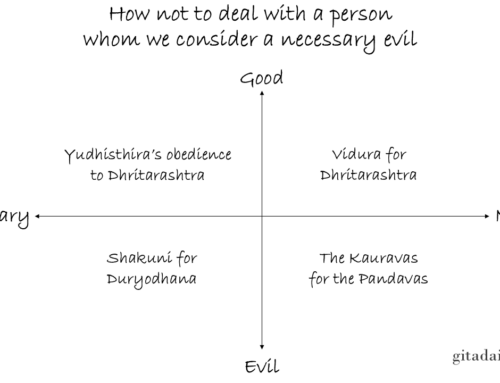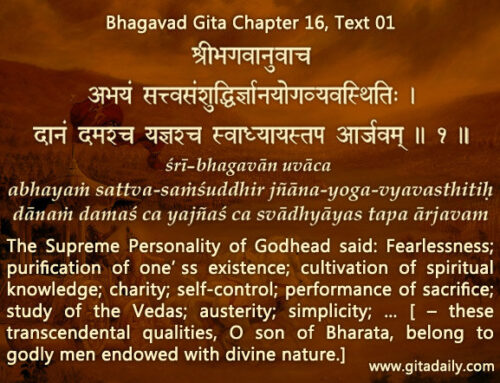Entertaining feelings of omnipotence is harmful. Believing in such feelings is worse. Surrounding ourselves with people who believe in our feelings of omnipotence is the worst.
The history of the world is filled with chapters of carnage created by people who believed they were God. They may or may not have publicly claimed to be God, but they were certainly driven by feelings of omnipotence.
In the normal course of life, we all confront situations that are beyond our control. A person of sound intelligence will not believe they are omnipotent for long. But when someone acquires extraordinary abilities or resources, they may temporarily experience feelings of omnipotence. Though undesirable, these feelings are usually fleeting—they come and go. However, if a person entertains such feelings for too long, it becomes problematic.
The danger escalates when they go beyond entertaining these feelings to actually believing in them, to the extent that they start considering their delusions as reality. This delusion of godhood is dangerous because such individuals begin to act without regard for moral or logical constraints, thinking themselves above all norms.
Worst of all is when these people surround themselves with others who also believe in their delusions of omnipotence. At this point, they have no one left to protect them from themselves, nor to protect the world from them. This is the stage of demoniac depravity described in the Bhagavad-gita (16.14-15), where individuals not only scheme and plot to destroy their opponents but also view their cunning and corruption as signs of cleverness. Such individuals can cause immense destruction to the world, and they need to be stopped as soon as possible, by whatever means necessary.
The broader Indian tradition includes accounts of demoniac kings like Hiranyakashipu, who sought to upend the universal order and enthrone themselves at the top. Stopping them became such a vital necessity that the Divine himself descended to intervene.
Most of us will never be in the position of such deadly demons, but the seeds of grandiosity, which can blossom into feelings of omnipotence, exist in all of us. The teachings of the Bhagavad-gita remind us that we are not God but rather parts of God, meant to serve him. This understanding can nip grandiose feelings in the bud, thereby protecting us from ourselves—our own delusional and potentially destructive misconceptions—and protecting others from the actions that might arise from these misconceptions.
Summary:
- Most thinking people won’t succumb to delusions of omnipotence due to life’s hard lessons about our limitations. But people with extraordinary power and resources can entertain and even believe such feelings, especially if surrounded by those who reinforce these beliefs.
- Such a situation can lead to massive chaos and carnage. Understanding the Bhagavad-gita’s teachings that we are parts of God, never God, helps nip grandiose notions in the bud, preventing the onset of omnipotent delusions.
Think it over:
- Why would a normal thinking person not succumb to feelings of omnipotence?
- What personal and social conditions can distort those with feelings of omnipotence into becoming world destroyers?
- What can we learn from examples of those who believed in their feelings of omnipotence?
***
16.15 [The demoniac person thinks: ] “… I am the richest man, surrounded by aristocratic relatives. There is none so powerful and happy as I am. I shall perform sacrifices, I shall give some charity, and thus I shall rejoice.” In this way, such persons are deluded by ignorance.





Leave A Comment